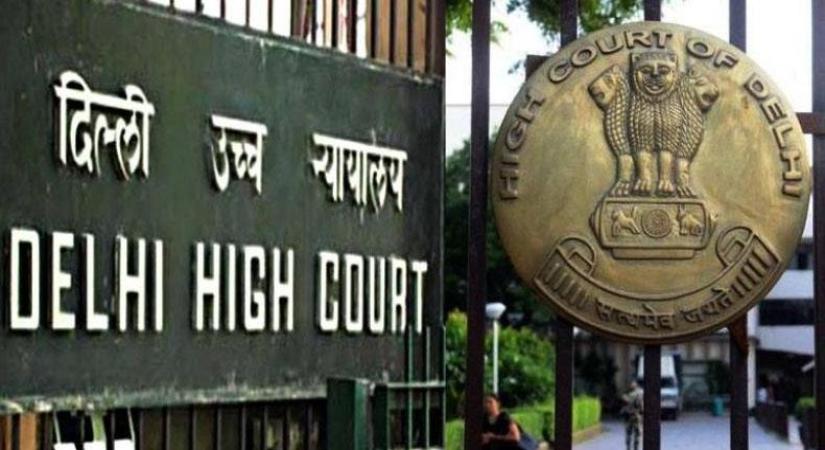New Delhi: A Public Interest Litigation (PIL) has been filed in the Delhi High Court seeking an investigation into the selection of 35 newly-recruited Principals for Delhi government schools.
A bench of Chief Justice Satish Chandra Sharma and Justice Sanjeev Narula was hearing the plea alleging that these appointments were made based on forged and fabricated documents.
The petitioner, Navendu Charitable Trust, has said that these 35 candidates misrepresented themselves maliciously, leading to their illegal selection. It further claim that the Department of Education in the Delhi government failed to properly scrutinise the submitted documents, resulting in these erroneous selections.
During the hearing, the petitioner’s counsel requested time to include the individuals against whom these allegations have been made. The bench granted this request and scheduled further proceedings for October 18.
The PIL alleges that some of the candidates submitted fake Economically Weaker Section (EWS) certificates, despite having annual family incomes exceeding Rs 8 lakh, while others took advantage of Other Backward Class (OBC) reservations by presenting fake experience documents.
The petitioner expressed concerns that there may be more cases of misrepresentation and illegal selection beyond the 35 candidates identified. The plea argues that the erroneous selections have violated Article 16 of the Constitution and could lead to complex investigations if these candidates become permanent employees, drawing substantial salaries.
The petitioner has stressed on the importance of school principals in shaping the future of children and the need to maintain the integrity of the selection process. The petition holds the Delhi government’s Education Department responsible for verifying candidate records but alleges that it has not fulfilled this duty. The petition seeks a directive for the Delhi government to investigate these candidates’ selection before their probation period ends and to conduct an inquiry without arbitrariness to ensure the integrity of the selection process.
–IANS


Comments are closed.